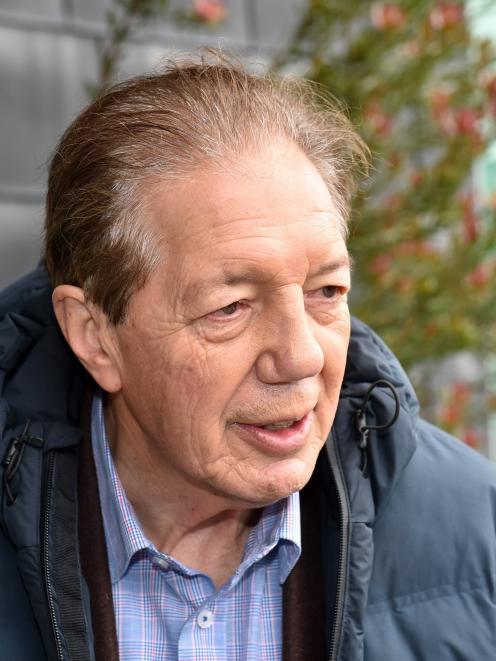It has been encouraging to read Richard Thomson, in his follow-up review of the Invercargill City Council, considers the council is in a ‘‘vastly better space’’ than it was at the time of his initial review six months ago.

New members of the executive leadership team appear to have brought a breath of fresh air into council management, regional relationships have improved, councillors have reflected on their behaviour and are generally behaving more collegially and have benefitted from input from the two external appointees assisting the council.
Mr Thomson, who had previously been critical of deputy Nobby Clark, said he had stepped up significantly to fill the leadership void, developing a collegial working relationship with the chief executive. There were still some concerns about Mr Clark’s ability to encourage and enable discussion of an issue without initially promoting his own point of view.
However, the review also noted Mr Clark’s relationship with Mayor Sir Tim Shadbolt has deteriorated, with a frustrated Mr Clark increasingly speaking out when he disagrees with public statements made by the mayor.
Mr Thomson sees an increased risk that councillors may not agree with Mr Clark’s approach on this which could lead to a resumption of internal discord or even Mr Clark deciding not to stay the course.
Should that happen, while there would be a number of councillors who could step up to the role, it was ‘‘unlikely that any of them would be someone that the mayor would wish to appoint to the role’’.
Although this is a hypothetical situation, it highlights the bizarre fragility of the governance leadership and the difficulties all face in trying to prop up the struggling mayor.
Mr Thomson acknowledges Sir Tim finds himself isolated in a ‘‘lonely and distressing place’’ and that ‘‘it is not difficult to feel considerable sadness for the position he is in’’.
Sir Tim says he is not being provided with appropriate support, but Mr Thomson found there was a significant gap between what Sir Tim sees as required and what he could realistically use. On the issue of the mayor’s claim of bullying, Mr Thomson said he could not attest to the presence or absence of bullying behaviour ‘‘across the wider spectrum’’, but it did seem that the mayor’s own behaviour had ‘‘resulted in significant reduction in support for him by colleagues’’.
At the same time, Mr Thomson cautioned against responding to Sir Tim’s public statements in a way which could create the perception of ‘‘kicking someone when they are down’’.
Those interviewed by Mr Thomson were also of the strong view nothing had changed regarding their identified concerns regarding the mayor since the original report.
Understandably, Mr Thomson wishes the media would focus on the good things the council is doing, but it is difficult to see Sir Tim, whose life has been spent in the limelight, suddenly becoming hermit-like, even if now that might be in his best interest and that of the council.
It remains to be seen whether councillors will be able to put on a collective brave face, providing the crutches for a noisy and divisive lame duck mayor for the 13 months to the next council elections.
We do not see that as a realistic or reasonable expectation. Our view remains that Sir Tim should resign before he does any more damage to his fine legacy.












